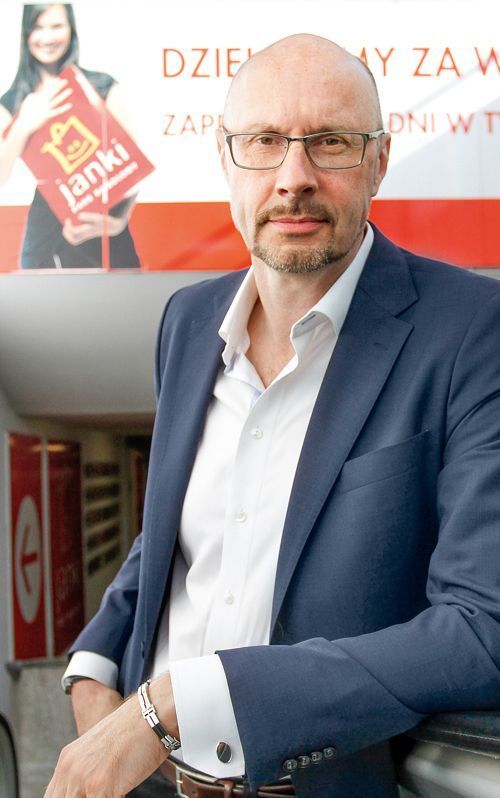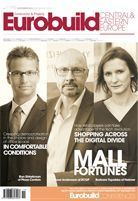Aneta Cichla, ‘Eurobuild Central & Eastern Europe’: Inter IKEA Centre Group Poland has announced its new strategy that involves buying finished retail facilities. When can we expect another transaction?
Mikael Andersson, managing director, IICGP: Indeed, we are now planning to buy shopping centres for our portfolio. However, our main activity involves the construction of new shopping centres under our own brand, starting from the land purchase to the opening of the centre. Our shopping centres are usually integrated with an IKEA store as our partner. There have been some opportunities to purchase new malls for our portfolio, which we took in the case of Wola Park. The mall has great potential and it fits into our portfolio. If we find a product equally suitable for us, we will consider buying it. This is not our priority, but we have not ruled out such acquisitions.
So what do you expect from a mall? What criteria should it meet?
We are inte





























































